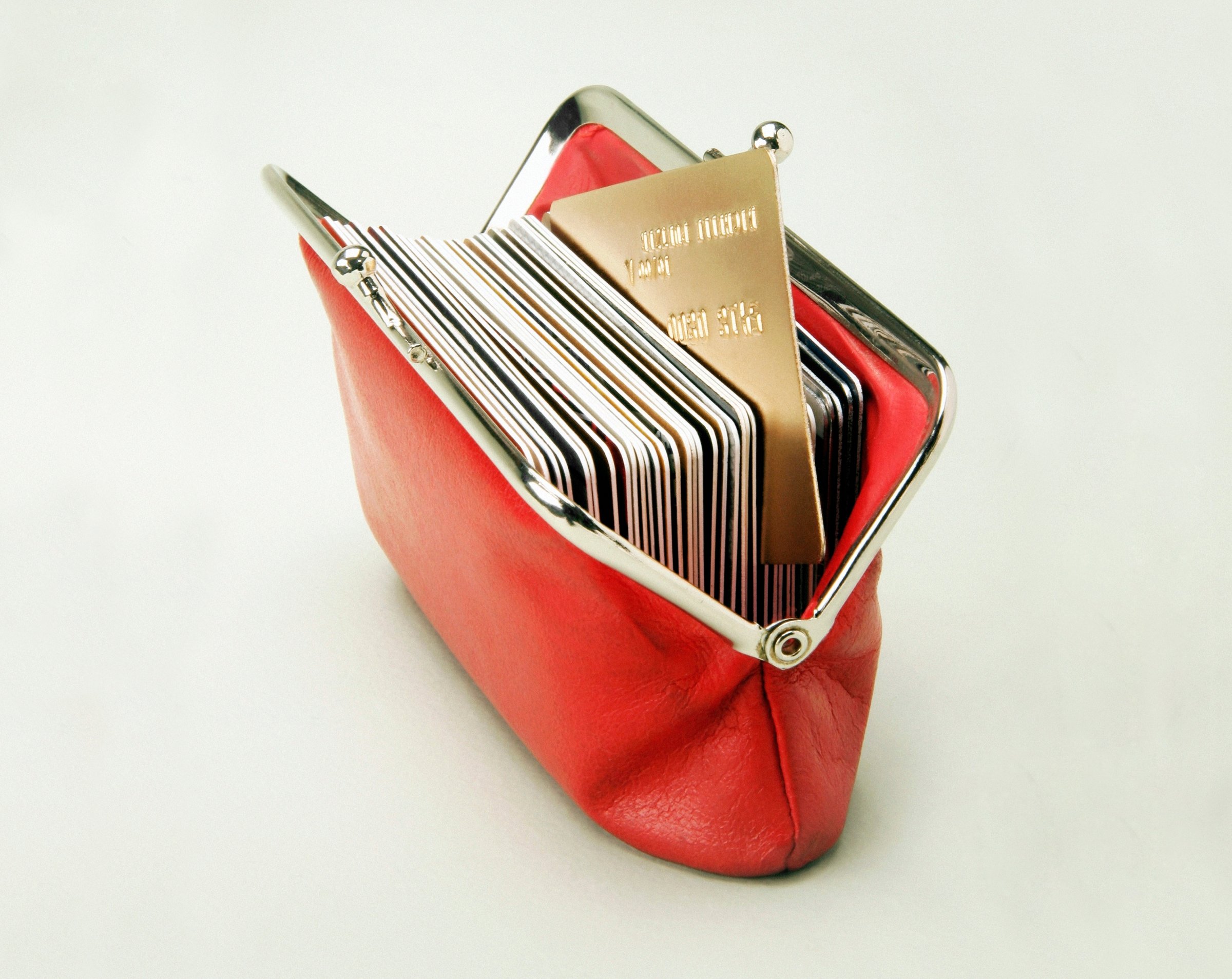
Federal Reserve meetings aren’t high on most people’s list of interesting things, but if you have a credit card and carry a balance, you should probably start paying attention to what America’s top money policymakers are talking about, because it’s going to affect your monthly bill.
During last week’s Federal Open Markets Committee meeting, analysts were listening closely to tease out a sense of when the central bank will raise interest rates — always an endeavor that’s one part math, one part reading tea leaves.
A rate hike might not come right away: CNN points out that Fed chair Janet Yellen wants to see higher wages along with lower unemployment. Although unemployment is ticking down, wages are stuck in a rut.
“There are no such signs evident yet, but we expect that to be the big story in the second half of this year,” Capital Economics chief U.S. economist Paul Ashworth tells CNN.
But a hike might come sooner than expected, CNBC argues, if either the labor market gets better faster or if Fed members get spooked about inflation. “I think pressure is really growing to do something in January,” Peter Boockvar, chief market analyst at the Lindsey Group, tells CNBC. .
Bottom line: It’ll probably happen sometime next year. This means you have, at maximum, maybe a year and a half before your credit card bills jump.
The reason why is because most of us these days have variable credit card interest rates, with our APRs tied to the prime rate. The prime rate is the Federal Funds rate plus 3%, and today, prime is a mere 3.25%. Then the card issuers tack on a percentage they determine, and we swipe away.
Banks dropped fixed interest rates en masse in advance of the CARD Act kicking in a few years ago because the law prohibits them from hiking fixed rates on existing balances except with a few exceptions. Banks wanted to be able to raise what they charge us when interest rates rise, so they switched over to variable rates.
After the Fed makes its move, rate increases will happen quickly. “Within a few months after the prime rate eventually starts going up, card holders will also likely see their APRs going up,” says John Ulzheimer, president of consumer education at CreditSesame.com.
Ulzheimer says it’s most likely issuers will adopt a straight pass-through of any hike in the prime rate; in other words, if the rate goes up by 0.5%, your APR will, too. And credit card companies aren’t required by law to give you a 45-day heads-up that a jump in your interest rate is coming.
Obviously, the bigger your balance, the more this will affect your monthly payment, so it’s a good idea to start chipping away at that debt now.
More Must-Reads from TIME
- Biden Drops Out of Presidential Race , Endorses Harris to Replace Him
- Why Biden Dropped Out
- The Chaos and Commotion of the RNC in Photos
- Why We All Have a Stake in Twisters’ Success
- 8 Eating Habits That Actually Improve Your Sleep
- Stop Feeling Bad About Sweating
- Welcome to the Noah Lyles Olympics
- Get Our Paris Olympics Newsletter in Your Inbox
Contact us at letters@time.com